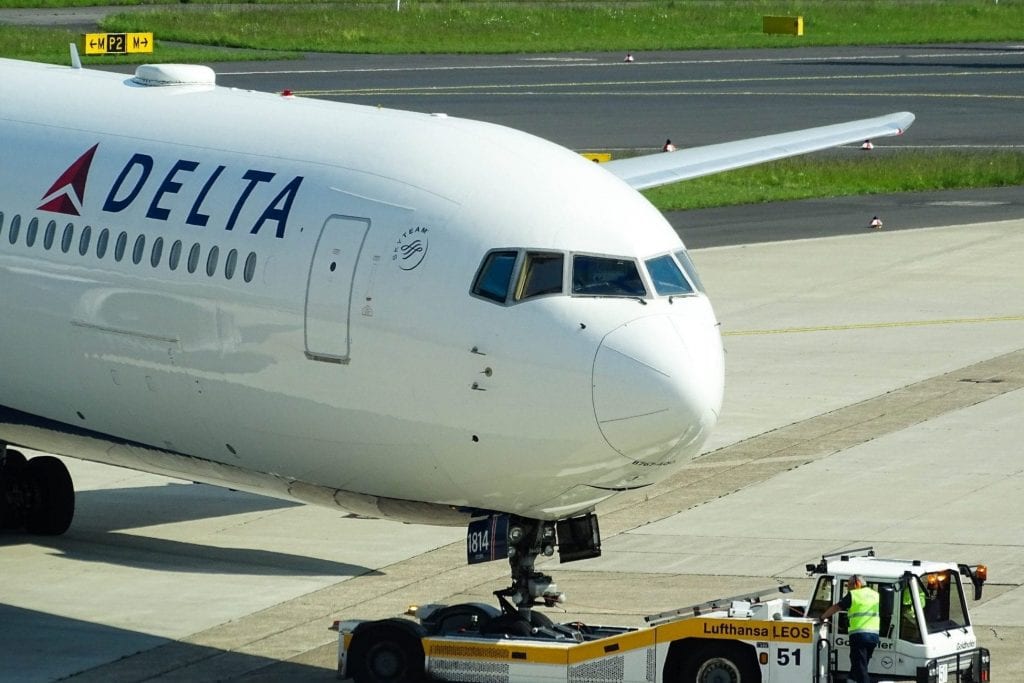Skift Take
Today's edition of Skift's daily podcast examines Delta's earnings, big tech's AI travel moves, and Airbnb's senior housing research.

Skift Daily Briefing Podcast
Listen to the day’s top travel stories in under four minutes every weekday.
Good morning from Skift. It’s Friday, October 13 (Boo!). Here’s what you need to know about the business of travel today.
Listen Now
🎧 Subscribe
Apple Podcasts | Spotify | Overcast | Google Podcasts | Amazon Podcasts
Episode Notes
Airbnb has been blamed in recent years for helping average rents in some cities increase. But Taylor Marr, Airbnb’s first senior housing economist, downplays its impact, reports Executive Editor Dennis Schaal.
Marr said, in an exclusive news interview with Skift, that Airbnb is launching a housing research program. Although Marr acknowledged Airbnb could have negative impacts on some communities, he played down the company’s role in rent increases. He cited a recently published Conference Board of Canada study that found there was no connection between Airbnb and rents.
Next, Delta Air Lines struck a nerve with many of its customers when it made major changes to its SkyMiles loyalty program. However, the pushback the company received didn’t hurt its bottom line during the third quarter, reports Edward Russell, editor of Skift publication Airline Weekly.
Delta CEO Ed Bastian said the company didn’t see a drop in bookings, spend levels or usage of its co-branded credit card with American Express. The Atlanta-based carrier changed its key loyalty metric to money spent with Delta. The company brought in roughly $1.7 billion during the third quarter under its deal with American Express. Bastian added that Delta plans to release updated requirements for its loyalty program soon.
Delta generated a nearly $2 billion operating profit during the third quarter. The company’s revenue increased 11% from the same period last year.
Finally, ever since the first generative AI chatbot was released almost a year ago, there has been widespread discussion about it might affect travel. Indeed, a trio of tech giants have recently unveiled travel-related AI products, writes Travel Technology Reporter Justin Dawes in his Travel Tech Briefing.
Dawes explores the new offerings from Amazon Web Services, Meta and Microsoft. Amazon Web Services said its platform allows travel companies to build AI tools and apps that access their own proprietary data. As for Meta, it’s released a generative AI chatbot named Meta AI that could answer questions related to trip planning.
Meanwhile, Microsoft revealed that users will be able to plan and complete corporate travel bookings through Microsoft 365 Chat. In addition, Microsoft said it’s working to pilot a travel assistant in partnership with travel technology company Amadeus.
Dwell Newsletter
Get breaking news, analysis and data from the week’s most important stories about short-term rentals, vacation rentals, housing, and real estate.
Have a confidential tip for Skift? Get in touch
Tags: airbnb, amazon web services, delta, delta skymiles, meta, microsoft, skift podcast
Photo credit: A Delta plane on the airport tarmac. Miguel Angel Sanz / Unsplash
